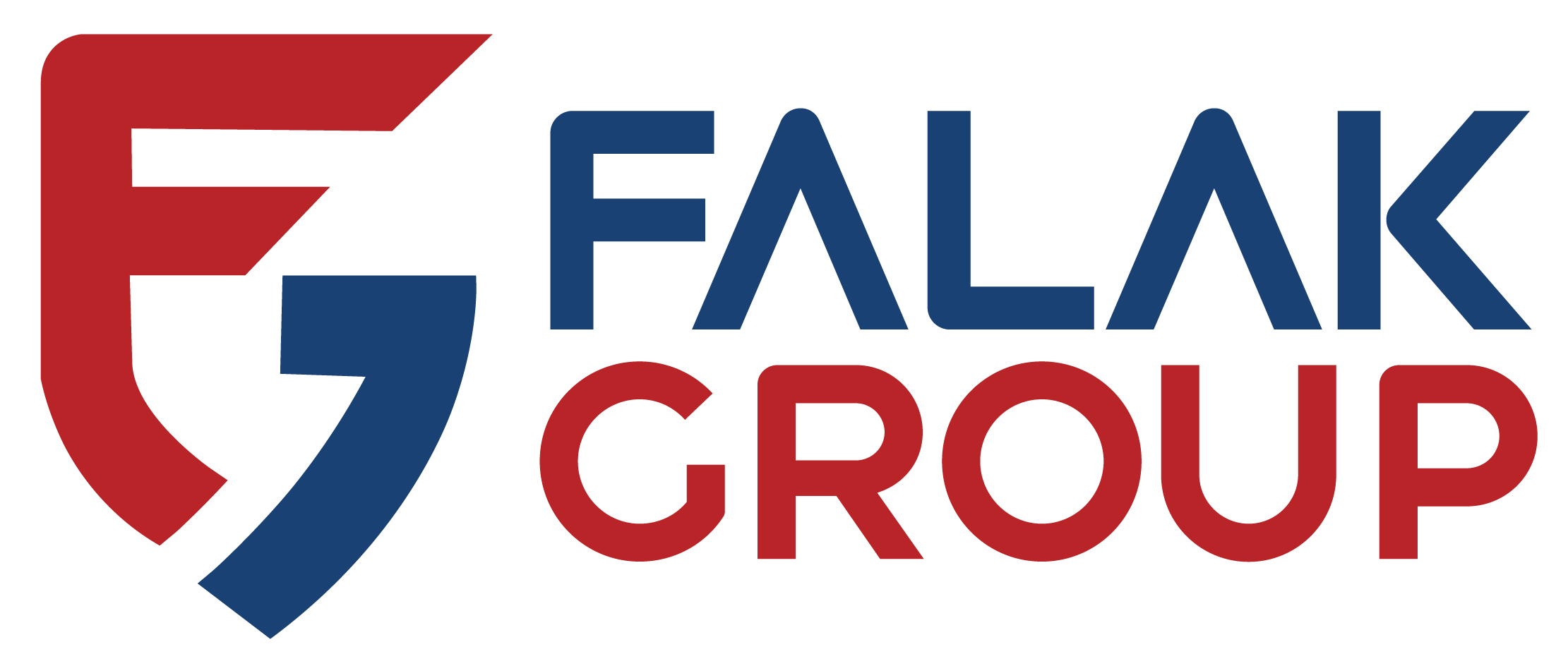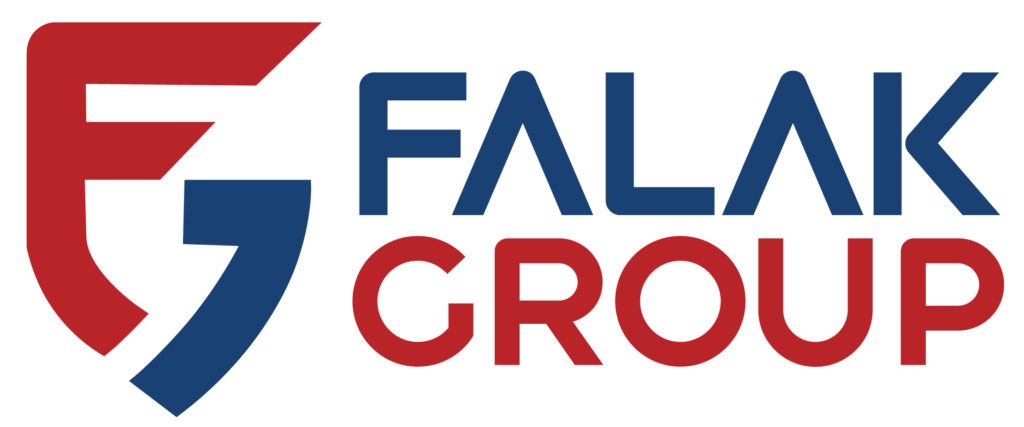In the contemporary, rapidly evolving business landscape, Information Technology (IT) solutions play a pivotal role in driving organizational transformation. These solutions encompass a diverse array of technologies and tools designed to optimize operations, enhance customer experiences, and provide competitive advantages. Key components include cloud computing, data analytics, artificial intelligence, and automation technologies, all of which have the potential to fundamentally alter business operations and value delivery mechanisms.
IT solutions are instrumental in improving operational efficiency and reducing costs. By automating repetitive tasks, optimizing processes, and minimizing manual errors, organizations can achieve significant time and cost savings. Moreover, these technologies provide access to real-time data and insights, enabling informed decision-making and rapid adaptation to market changes, which is crucial for maintaining a competitive edge.
Customer experience is another area where IT solutions have a substantial impact. As digital channels proliferate and demand for personalized interactions increases, businesses must leverage technology to deliver seamless and engaging customer experiences. Mobile applications, self-service portals, and personalized recommendation systems are examples of how IT solutions can be used to better understand and cater to customer needs and preferences, ultimately leading to increased satisfaction and loyalty.
By investing in IT solutions, businesses can not only transform their internal operations but also enhance their value proposition to customers. This dual benefit makes IT solutions an essential component of modern business strategy and a key driver of organizational success in today’s digital age.
Key Takeaways
- IT solutions play a crucial role in driving business transformation by enabling companies to adapt to changing market dynamics and customer needs.
- Leveraging technology can help businesses improve operational efficiency, reduce costs, and stay competitive in the market.
- IT solutions can enhance customer experience by providing personalized and seamless interactions, leading to increased customer satisfaction and loyalty.
- The latest IT innovations can streamline business processes, automate tasks, and improve productivity, ultimately leading to better business outcomes.
- While implementing IT solutions, businesses need to overcome challenges such as security concerns, integration issues, and resistance to change, while also maximizing opportunities for growth and innovation.
Leveraging Technology for Operational Efficiency and Cost Savings
Unlocking Operational Excellence with IT Solutions
From cloud computing and enterprise resource planning (ERP) systems to robotic process automation (RPA) and machine learning, there are numerous IT solutions that can help businesses achieve operational excellence. Cloud computing, for instance, provides organizations with scalable and cost-effective computing resources on-demand, reducing capital expenditure and enabling quick scaling of operations as needed.
Streamlining Operations with ERP Systems and Automation
ERP systems integrate various business functions, such as finance, human resources, and supply chain management, into a single platform, enabling organizations to streamline their processes, improve collaboration, and make data-driven decisions. This not only improves operational efficiency but also reduces the need for manual intervention, leading to cost savings in the long run. Technologies like RPA and machine learning can automate repetitive tasks and enable intelligent decision-making, further driving operational efficiency and cost savings.
Driving Cost Savings and Efficiency with RPA and Machine Learning
RPA can be used to automate mundane tasks, such as data entry, invoice processing, and customer support, freeing up employees to focus on more strategic activities. Meanwhile, machine learning algorithms can analyze large volumes of data to identify patterns and trends, enabling businesses to make more accurate forecasts and optimize their operations. By leveraging these technologies, organizations can achieve significant cost savings while improving their overall operational efficiency.
Enhancing Customer Experience through IT Solutions
In today’s digital age, delivering exceptional customer experiences is paramount for business success. This is where IT solutions play a crucial role in enabling organizations to better understand their customers’ needs and preferences and deliver personalized and seamless experiences across various touchpoints. From customer relationship management (CRM) systems and omnichannel communication tools to data analytics and artificial intelligence, there are numerous IT solutions that can help businesses enhance their customer experience and build long-lasting relationships with their customers.
CRM systems, for example, enable organizations to centralize customer data, track interactions, and manage relationships effectively. By having a 360-degree view of their customers, businesses can personalize their communications, anticipate their needs, and provide timely support, leading to higher satisfaction and loyalty. Additionally, omnichannel communication tools allow businesses to engage with customers across multiple channels such as email, social media, chat, and phone, providing a consistent and seamless experience regardless of the touchpoint.
This not only improves customer satisfaction but also strengthens brand loyalty. Furthermore, data analytics and artificial intelligence play a critical role in enhancing the customer experience by enabling businesses to gain deeper insights into customer behavior and preferences. By analyzing large volumes of data, organizations can identify patterns, trends, and opportunities to better serve their customers.
For instance, predictive analytics can be used to anticipate customer needs and personalize product recommendations, while sentiment analysis can help businesses understand customer feedback and sentiment to improve their products and services. Ultimately, by leveraging these IT solutions, organizations can create more meaningful and personalized experiences for their customers, leading to higher satisfaction and advocacy.
Streamlining Business Processes with the Latest IT Innovations
In today’s dynamic business environment, organizations need to constantly innovate and streamline their processes to stay ahead of the competition. This is where the latest IT innovations play a crucial role in driving business transformation by enabling organizations to optimize their operations, improve collaboration, and adapt quickly to changing market dynamics. From blockchain and Internet of Things (IoT) to 5G connectivity and edge computing, there are numerous IT innovations that can help businesses streamline their processes and gain a competitive edge.
Blockchain technology, for example, enables secure and transparent transactions by creating a decentralized ledger that records all transactions across a network of computers. This not only reduces the risk of fraud but also streamlines processes such as supply chain management, contract management, and identity verification. Similarly, IoT devices such as sensors and smart devices can collect real-time data from various sources, enabling organizations to monitor and optimize their processes more effectively.
For instance, in manufacturing, IoT devices can be used to track equipment performance, predict maintenance needs, and optimize production schedules. Moreover, the advent of 5G connectivity promises faster data speeds and lower latency, enabling businesses to leverage real-time data for decision-making and process optimization. This is particularly beneficial for industries such as healthcare, transportation, and logistics where real-time communication and data exchange are critical for operational efficiency.
Additionally, edge computing brings computing power closer to the data source, enabling organizations to process data locally and make faster decisions without relying on centralized data centers. By leveraging these latest IT innovations, organizations can streamline their processes, improve agility, and gain a competitive advantage in the market.
Overcoming Challenges and Maximizing Opportunities with IT Solutions
While IT solutions offer numerous benefits for driving business transformation, they also come with their own set of challenges that organizations need to overcome. One of the key challenges is the rapid pace of technological change, which requires businesses to constantly adapt and invest in new technologies to stay relevant. Additionally, cybersecurity threats pose a significant risk to organizations as they increasingly rely on digital channels and cloud-based solutions.
Ensuring the security of sensitive data and protecting against cyber attacks is crucial for maintaining trust with customers and partners. Furthermore, the complexity of integrating various IT solutions into existing business processes can be a daunting task for many organizations. It requires careful planning, investment in training and change management efforts to ensure a smooth transition without disrupting day-to-day operations.
Additionally, ensuring compliance with data privacy regulations such as GDPR or CCPA adds another layer of complexity for businesses operating in multiple jurisdictions. Despite these challenges, organizations that successfully leverage IT solutions can maximize numerous opportunities for growth and innovation. For instance, by harnessing the power of big data analytics and artificial intelligence, businesses can gain deeper insights into customer behavior and market trends to drive product innovation and personalized marketing strategies.
Similarly, by embracing cloud computing and digital transformation initiatives, organizations can improve collaboration among teams, reduce time-to-market for new products or services, and gain a competitive edge in the market.
Case Study: Falak Group’s Successful Business Transformation with IT Solutions

Transforming Business Operations
To address these challenges, Falak Group embarked on a comprehensive business transformation journey by leveraging cutting-edge IT solutions. One of the key initiatives was the implementation of an integrated ERP system that streamlined various business functions such as inventory management, sales tracking, and financial reporting into a single platform. This enabled Falak Group to gain real-time visibility into its operations across different locations while improving collaboration among its teams.
Enhancing Customer Experience
Additionally, the company invested in a cloud-based CRM system that centralized customer data and enabled personalized marketing campaigns based on customer preferences and purchase history. Falak Group also launched an e-commerce platform that allowed customers to shop online and enjoy seamless omnichannel experiences.
Driving Innovation and Growth
The company leveraged data analytics tools to gain deeper insights into customer behavior and preferences while optimizing its supply chain management through IoT devices that tracked inventory levels in real-time. These initiatives not only improved operational efficiency but also enhanced the overall customer experience. As a result of these efforts, Falak Group achieved significant cost savings through process optimization while driving higher customer satisfaction through personalized experiences.
Key Takeaways and Best Practices for Implementing IT Solutions in Your Business
In conclusion, implementing IT solutions is essential for driving business transformation in today’s digital age. Whether it’s streamlining operations for greater efficiency or enhancing customer experiences for higher satisfaction levels – technology plays a pivotal role in achieving these goals. However, it’s important for organizations to approach IT solutions strategically while considering the following key takeaways: Firstly, it’s crucial for businesses to align their IT initiatives with their overall business strategy to ensure that technology investments are driving tangible value for the organization.
This requires close collaboration between business leaders and IT teams to identify areas where technology can make the most impact. Secondly, organizations need to prioritize cybersecurity measures to protect sensitive data from potential threats. This includes investing in robust security protocols, conducting regular audits of systems for vulnerabilities, and providing ongoing training for employees on best practices for data protection.
Thirdly, change management is essential when implementing new IT solutions as it involves transitioning employees from old processes to new ones seamlessly. Providing adequate training programs and support during this transition period is crucial for successful adoption. Lastly, continuous innovation is key for staying ahead in today’s rapidly evolving technological landscape.
Organizations need to stay abreast of the latest trends in IT solutions while being open to experimenting with new technologies that could potentially drive further business transformation. By following these best practices while implementing IT solutions in their business operations – organizations can position themselves for success in an increasingly digital world.
FAQs
What is IT solutions?
IT solutions refer to the use of technology to solve business problems and improve efficiency. This can include software, hardware, networking, and other technology-based tools and services.
How can IT solutions transform a business?
IT solutions can transform a business by streamlining processes, improving communication, increasing productivity, and providing valuable data insights. They can also help businesses reach new customers, improve customer service, and stay competitive in the market.
What are some examples of IT solutions?
Examples of IT solutions include customer relationship management (CRM) software, enterprise resource planning (ERP) systems, cloud computing services, cybersecurity solutions, and data analytics tools. These solutions can be tailored to meet the specific needs of a business.
How can businesses benefit from IT solutions?
Businesses can benefit from IT solutions by reducing costs, increasing efficiency, improving decision-making, enhancing customer experiences, and gaining a competitive edge in the market. IT solutions can also help businesses adapt to changing market conditions and customer demands.
How can Falak Group help businesses with IT solutions?
Falak Group can help businesses with IT solutions by providing customized technology solutions, strategic IT consulting, software development, cybersecurity services, and digital transformation expertise. They can work with businesses to identify their specific needs and develop tailored IT solutions to drive growth and success.





